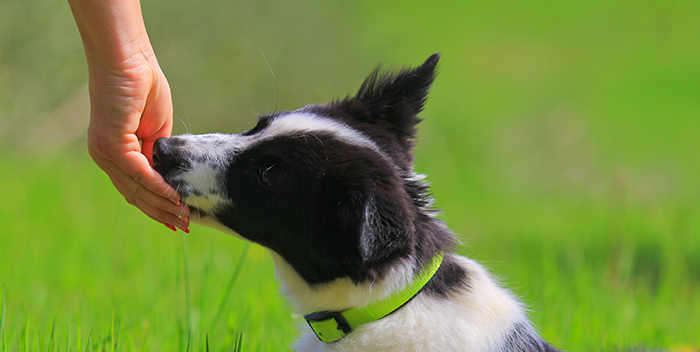Aggressive behaviour in pet dogs is a serious problem for dog owners across the world, with bite injuries representing a serious risk to both people and other dogs.
New research by the University of Bristol has explored the factors that influence how owners manage aggressive behaviour in their dogs. The study found that clinical animal behaviourists should focus on helping dog owners to feel confident in the effectiveness of the behaviour modification techniques that they recommend and, in their ability, to actually use them successfully.
Dogs are the most popular pet in the UK, with 31% of households owning one or more dogs. However, the majority of dog owners find some aspect of their pet’s behaviour problematic and behavioural disorders are often mentioned as the main reason dogs are given to rehoming organisations.
Dr Emily Blackwell, director of companion animal population health at the Bristol Veterinary School, said the aim of the study was to find out what influences an owner’s decision to use outdated punishment-based methods and what the barriers and drivers were to dog owners using positive reinforcement-based solutions. In particular, the researchers wanted to explore whether theoretical models and psychological concepts used in other contexts could help them to understand this issue.
Dr Blackwell said: “Our findings highlight the need for behaviourists to offer practical support to owners, to demonstrate the effectiveness of reward-based training and to provide them with an opportunity to practice under expert guidance, so that they feel confident in their ability to use the techniques before attempting to apply them independently.
“The study also shows the emotional impact that attempting to manage a reactive dog can have, with its associated ups and downs. It is therefore important for practitioners to consider the wellbeing of the owner as well as the dog, including the potential implications of this, when helping them along their journey.”


